Column: Is racism due to ignorance or pure hate?
March 6, 2021
Racism has always played a pivotal role in ours, as it was interwoven in society since the abduction of Africans to the Americas. From the forced labor of slavery to the police killings of unarmed Black men, racism has never left. It has just evolved into different faces like a chameleon. The only way for the generational curse of racism to be broken is to have those very awkward but needed conversations with each other. As I once heard, racism is the stain of America, and if you do not treat it, it will stay there forever. However, with these conversations, we would need to ask ourselves one question: Is racism due to ignorance or pure hate?
Many white celebrities have been exposed to their racist actions in the past. Their apologies always include the ‘ignorant’ card, but are they saying that to avoid confrontation, or are they being honest? For example, Justin Timberlake was recently under fire for his very late apology to Janet Jackson. He included that he was much younger and did not understand the repercussions that Janet faced. Let us be real, Justin is 40 years old. So, you mean to tell me in 2004, when he was 23, he did not have any common sense nor awareness about the systematic racism plaguing our country?
I understand that he was benefiting from those restrictions. Likewise, he might not have cared, but he should have been somewhat aware of the circumstances. We all have made mistakes in our lives, but being dedicated to racism until death should not be one of them. In my opinion, there is no way that a person is not exposed to any other cultures and ethnicities in their lives. Even if you are Caucasian, there are plenty of educational media and books that people could inject into their brains. This is not a bashing session but a learning experience to be more informed about the illogical decisions we make in terms of race.
The sad truth is that, overall, white Americans are economically and socially better fortuned than their Black and brown counterparts. With that being said, I think some become complacent with their status and do not care about other races’ misfortunes. So I do believe that sometimes, not all the time, they can be ignorant toward a race because they were unaware of the system that was put in place, making the ‘American Dream’ only achievable by them. However, they cannot be ignorant about racism because it is taught in U.S. schools. Even though it is conducted for a minimal period, students are exposed to the harsh realities of the 1800s to present-day slavery, Jim Crow Laws, lynching, and police brutality.
Nevertheless, just because some are ignorant does not make racism okay. Being ignorant means you honestly did not know what was going on, and you made an uneducated mistake. Let us not get them confused or intertwined. The definition of racism is said to be “prejudice, discrimination, or antagonism directed against a person or people based on their membership in a particular racial or ethnic group, typically one that is a minority or marginalized.” Therefore, a person can be genuinely racist simply because the person they are discriminatory toward does not look like them. That includes using derogatory terms, racial profiling, contradictories, and stereotyping, to name a few.
With the numerous “Karens’’ and the resurgence of the KKK and the Neo-Nazis, racism is still thoroughly flourishing within the United States. Yes, there still are people in the 21st century who reminisce and reenact the Civil War, where they believe that the Confederates should have won so that Black people could remain inferior and enslaved. Those kinds of people, I think, have that generational racism indoctrinated into their brains because, unfortunately, racism is taught, not something you. If no one in your family breaks the cycle, then the system of racial profiling and stereotyping will continue to be taught from generation to generation.
In the awakening of the Black Lives Matter movement, many people are starting to “wake up” and become more culturally aware. This, in turn, has affected the entire country; more opportunities are beginning to be explicitly pinpointed for African Americans or other minorities as companies are trying to expand their diversity and inclusion rate. They now realize how important it is to have different voices in the room, especially when it comes to race in America.
To answer the question of racism being a result of ignorance or pure hate, it can be a mixture of both. Still, it is not about how you conceive it, but the steps you are taking to educate and expose yourself to different lifestyles and perspectives. As Jane Elliot, an American diversity educator, once said, “If you can learn it, you can unlearn it. Unfortunately, some people choose not to unlearn it because they are afraid they’ll lose power if they share it with other people. We are afraid of sharing power. That is what it is all about.”


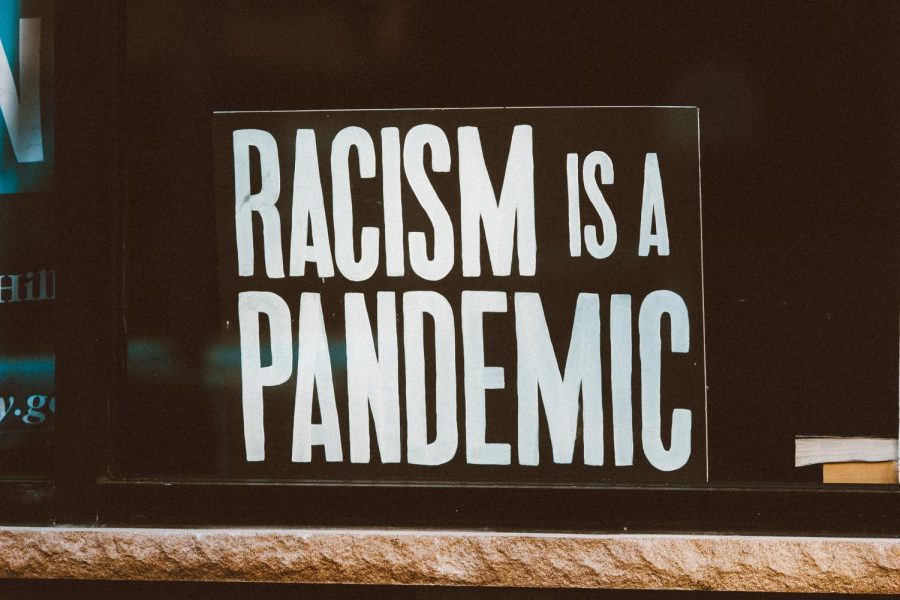









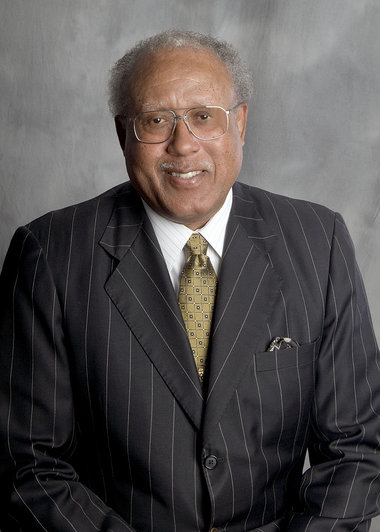
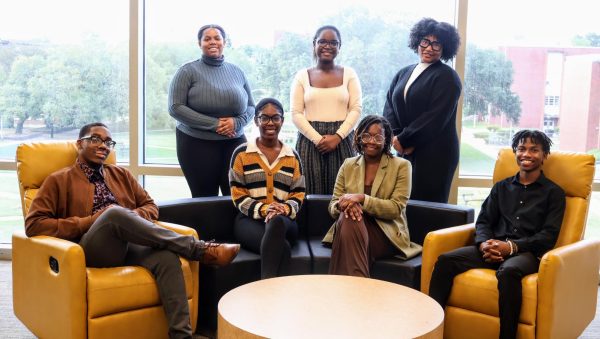
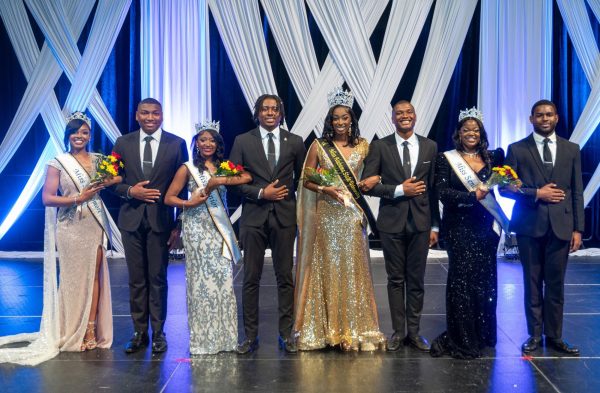
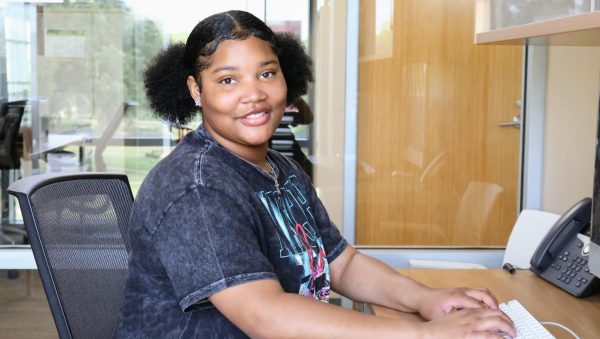
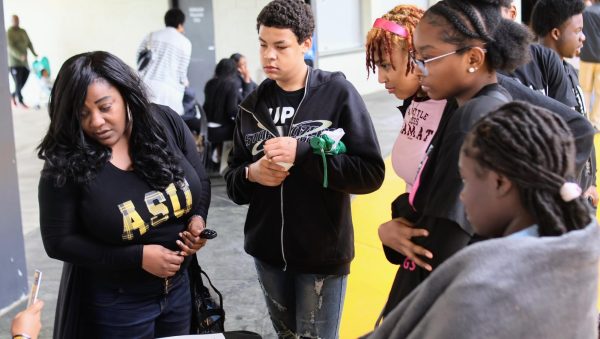

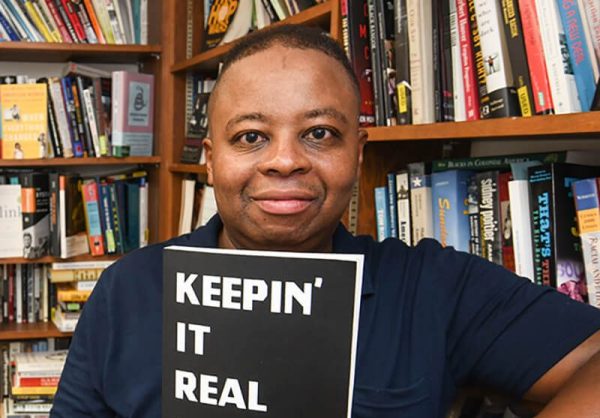
Mistahi Corkill • Apr 15, 2021 at 4:13 pm
Greetings on this solemn occasion,
Once again the police have killed a black man, Daunte Wright. Our hearts are with his family and friends. This state organized racist violence and oppression has to be defeated and replaced with a pro-social agenda. It is up to us. I just released a song and video dealing with this issue and I link it below. Hopefully you regard the video a contribution to the fight, feel free to share it if so.
Yours Truly,
Mistahi Corkill
http://www.youtube.com/watch?v=9oZA23ahKfs